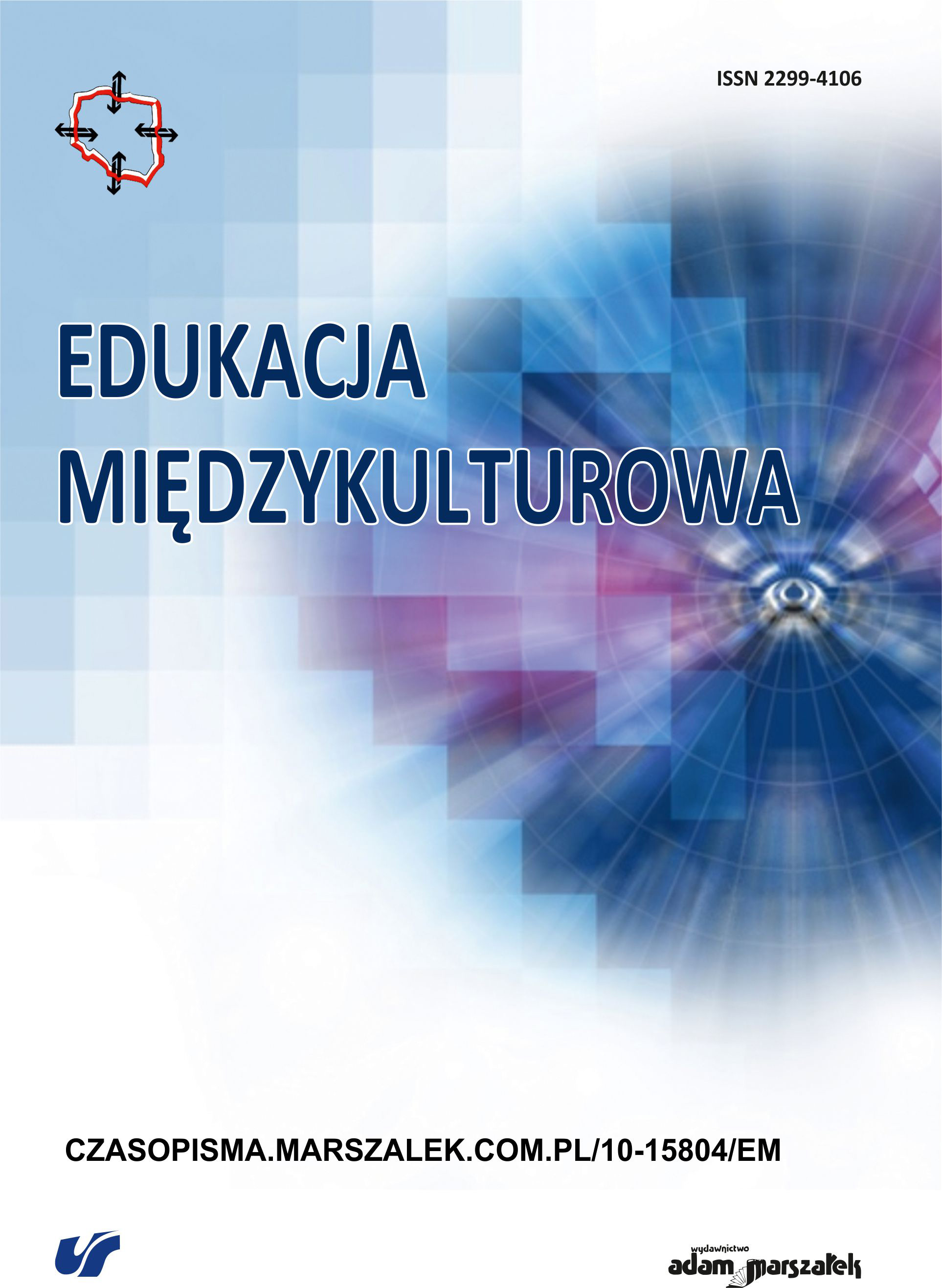Dehumanizacja Obcego. Rola sztuki popularnej w uświadamianiu problemu na przykładzie Men Against Fire (2016)
Dehumanization of the Other. The role of popular art in raising awareness of the problem. The case of Men Against Fire (2016)
Author(s): Alicja LisieckaSubject(s): Educational Psychology, Sociology of the arts, business, education, Social Norms / Social Control, Sociology of Education
Published by: Wydawnictwo Adam Marszałek
Keywords: aesthetic education; intercultural education; dehumanization; popular art; The Other;
Summary/Abstract: Dehumanization is – in the broadest sense – the process of depriving a person of positive human qualities. This problem, considered mainly in the field of social psychology, has strong pedagogical significance. The article is aimed to show the potential importance of popular art for intercultural education, precisely: to show the role that popular art can play in raising the awareness of the problem posed by dehumanization of the Other. To achieve the intended goal, the author indicates the justified presence of popular art in education, introduces the concept of the Other, i.e. a person who is beyond the horizon of a given person’s experience, who is outside a given community or is cognitively dangerous, and outlines the issue of dehumanization. The exemplification was conducted on the example of the episode of the British science fiction series Black Mirror – Men Against Fire (2016). The considerations are carried out from the perspective of contemporary aesthetic education, which refers conceptually to the Polish theory of aesthetic education. Humanistically oriented, contemporary aesthetic education must be conducted in the vein of pluralism and interculturalism; it should also contribute to the development of a person’s holistic personality: from their aesthetic sensitivity and moral orientation, to their ability of critical thinking and creativity. In the article, the possibilities are indicated of using popular art in education by building theoretical interpretive contexts.
Journal: Edukacja Międzykulturowa
- Issue Year: 20/2023
- Issue No: 1
- Page Range: 132-143
- Page Count: 12
- Language: Polish

